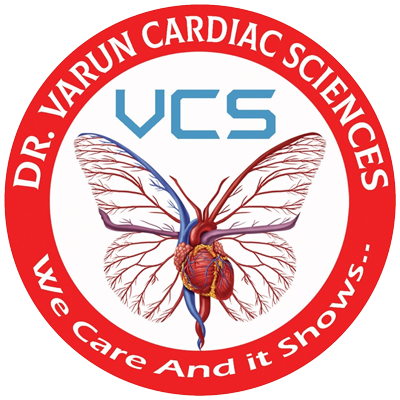In the realm of cardiology, specialized clinics such as Valve Clinics play a crucial role in managing and treating patients with valvular heart disease. These clinics are dedicated centers where patients receive comprehensive care tailored to their specific cardiac condition. This article explores what Valve Clinics are, their significance in cardiology, the services they offer, and their impact on patient outcomes.
What is a Valve Clinic?
A Valve Clinic is a specialized facility within a cardiology practice or hospital that focuses on the diagnosis, treatment, and management of heart valve disorders. These clinics are typically staffed by a multidisciplinary team of healthcare professionals, including cardiologists, cardiac surgeons, nurse practitioners, and other specialists. The primary goal of a Valve Clinic is to provide integrated care that addresses the complex needs of patients with valve diseases, ensuring optimal outcomes through personalized treatment plans.
Why Valve Clinics are Essential
Valvular heart disease (VHD) encompasses a range of conditions affecting the valves of the heart, such as mitral valve prolapse, aortic stenosis, and mitral regurgitation. These conditions can lead to serious complications if not properly managed. Valve Clinics offer several key benefits that contribute to better patient care and outcomes
Specialized Expertise
Cardiologists and surgeons in Valve Clinics have specialized training and experience in diagnosing and treating valve disorders, ensuring patients receive the highest level of expertise.
Comprehensive Evaluation
Patients undergo thorough evaluations, including imaging tests (echocardiograms, CT scans), stress tests, and consultations with various specialists to accurately assess the severity and impact of their valve disease
Personalized Treatment Plans
Based on individual patient evaluations, Valve Clinics develop customized treatment plans that may include medication management, minimally invasive procedures (such as transcatheter valve repair or replacement), or surgical interventions
Long-term Monitoring and Follow-up
Valve Clinics emphasize ongoing monitoring and follow-up care to track disease progression, manage symptoms, and adjust treatment strategies as needed. This proactive approach helps prevent complications and improves patient quality of life.
Services Offered at Valve Clinics
Valve Clinics offer a range of services designed to meet the comprehensive needs of patients with valvular heart disease
Diagnostic Testing
Echocardiography, cardiac MRI/CT scans, and stress tests to assess valve function and overall cardiac health.
Medical Management
Prescription of medications to alleviate symptoms and slow disease progression.
Interventional Procedures
Minimally invasive techniques such as transcatheter valve repair or replacement for suitable candidates.
Surgical Options
Traditional open-heart surgery for patients requiring more extensive valve repair or replacement.
Education and Support
Patient and family education on managing valve disease, lifestyle modifications, and support groups to enhance patient understanding and compliance
What is the impact on patient outcomes?
The specialized care provided by Valve Clinics has shown significant benefits in improving patient outcomes
- Reduced Hospitalizations: Early intervention and close monitoring help prevent complications that could lead to hospital admissions
- Improved Quality of Life: Effective management of valve disease symptoms allows patients to maintain a higher quality of life and remain active
- Enhanced Survival Rates: Timely diagnosis and appropriate treatment strategies contribute to improved long-term survival rates for patients with valvular heart disease
Valve Clinics are integral to modern cardiology practice, offering specialized care that significantly enhances the management and outcomes of patients with valvular heart disease. By providing comprehensive evaluations, personalized treatment plans, and ongoing support, Valve Clinics empower patients to lead healthier lives despite their cardiac condition. As research and technology continue to advance, the role of Valve Clinics in cardiology will likely expand, further improving the prognosis and quality of life for individuals affected by valvular heart disease.
For individuals seeking specialized care for valve disorders, consulting a Valve Clinic can provide access to the expertise and resources necessary for optimal cardiovascular health management. By understanding the role of Valve Clinics in cardiology, patients and healthcare providers alike can collaborate more effectively to achieve positive outcomes in the treatment of valvular heart disease.

